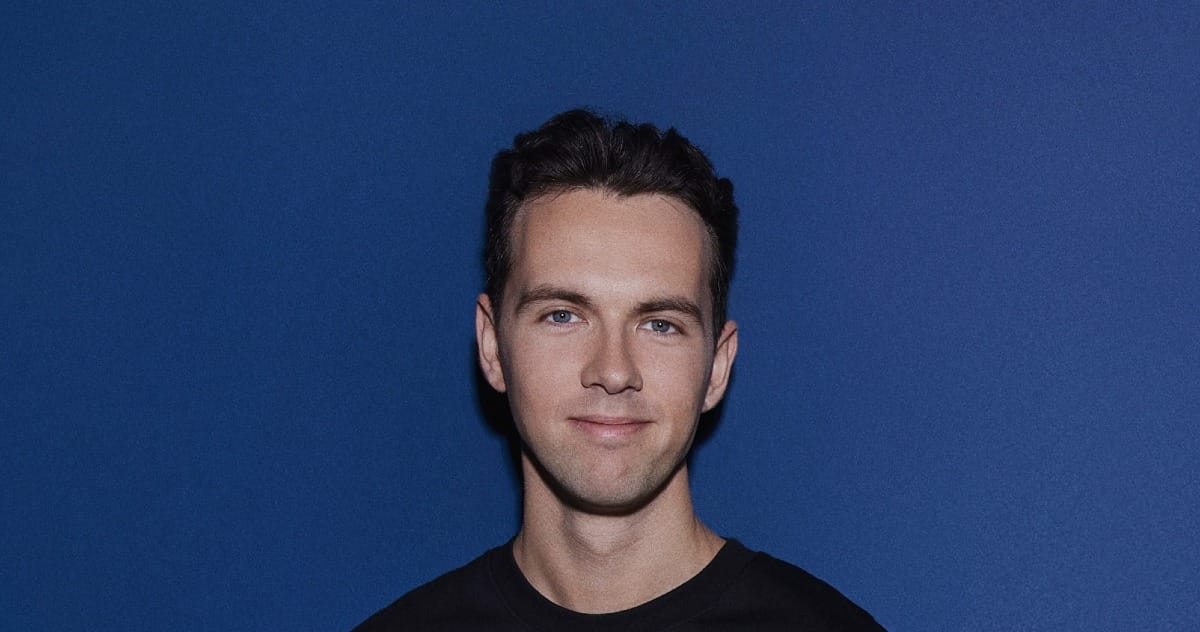Lukas Kaminskis: From Teenage Coding Bootcamp to Transforming Tech Education
Turing College's CEO shares his vision for the future of tech education, the values that guide his leadership, and smart quotes for every occasion.

What were you doing at sixteen? Our CEO Lukas Kaminskis was learning coding through a bootcamp he’d organized himself. Fast forward six years, and he was already co-founding Turing College with Tomas Moška and Benas Šidlauskas. Nowadays, he’s leading a thriving community passionate about helping people master new skills to stay ahead of the curve.
In this interview, the first in a series of conversations with our co-founders, Lukas shares his vision for the future of tech education, the values that guide his leadership, and smart quotes for every occasion.
Q: What inspired you to start Turing College, and how has your vision evolved since its beginning?
A: Tomas, Benas, and I were inspired by Alan Turing and his vision of intelligent machines and how they could help us better understand ourselves. Our vision has evolved to focus on preparing students for a future where AI will disrupt many fields, by teaching them to work together with technology to develop and understand themselves. As Benjamin Franklin said, “An investment in knowledge pays the best interest.”
Q: What does your usual working day look like?
A: My typical day involves meeting with our leadership team to discuss strategic initiatives, having 1-on-1 conversations with our team and carving out focused time to work on long-term projects. I try to split my time between working “in” the business and “on” the business. To quote Steve Jobs, “If you are working on something exciting that you really care about, you don’t have to be pushed. The vision pulls you.”
Q: As a leader, what values are most important to you, and how do you ensure they are reflected in Turing College’s operations?
A: The most important values to me are putting learners first, educational innovation, and having a growth mindset. I ensure these are reflected by personally staying involved in curriculum development, investing in our expert instructors, and fostering a supportive learning community.
Q: Beyond tech education, what are your passions or hobbies outside of work?
A: Outside of work, I’m passionate about learning, books, longevity and sports. I’m an avid reader across many subjects and try to read at least 20 books per year, plus listen to hundreds of hours of podcasts. As Charlie Munger said, “In my whole life, I have known no wise people who didn’t read all the time – none, zero.”
Q: What book or resource has had the most significant impact on your leadership style or philosophy?
A: One book that greatly influenced my leadership philosophy is “Principles” by Ray Dalio. It taught me the importance of radical transparency, thoughtful disagreement, and systematized decision-making. Dalio writes, “By knowing what you don’t know, you can avoid being arrogant or foolish and constantly improve.”
Q: Can you share a fun or little-known fact about yourself that might surprise everyone reading?
A: A fun fact is that the week we officially launched Turing College, Benas, Tomas, and I went to spend a weekend in a tipi in a Lithuanian forest. We spoke about life, made some promises like running a marathon (I did it one year later), and set our mindset into the mode of hustle that would take a minimum of a decade. It was a life-changing experience; every time I remember it, I get an extra motivational boost.
Q: How do you see Turing College changing the landscape of tech education in the next 5 years?
A: In the next 5 years, I see Turing College leading a transformation in tech education, with our innovative online, AI-driven, self-paced, project-based approach. We’ll expand access globally, help close the AI skills gap, and provide an opportunity to learn bleeding-edge skills with 1-on-1 tutoring accessible 24/7. As Paul Graham advised, “Live in the future, then build what’s missing.”
